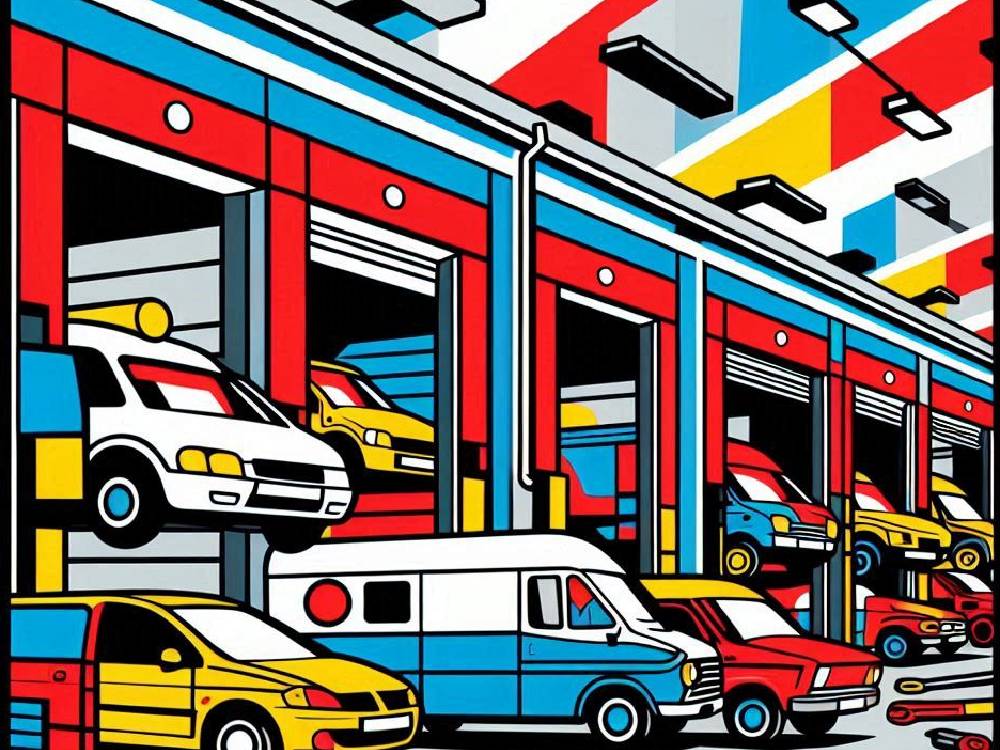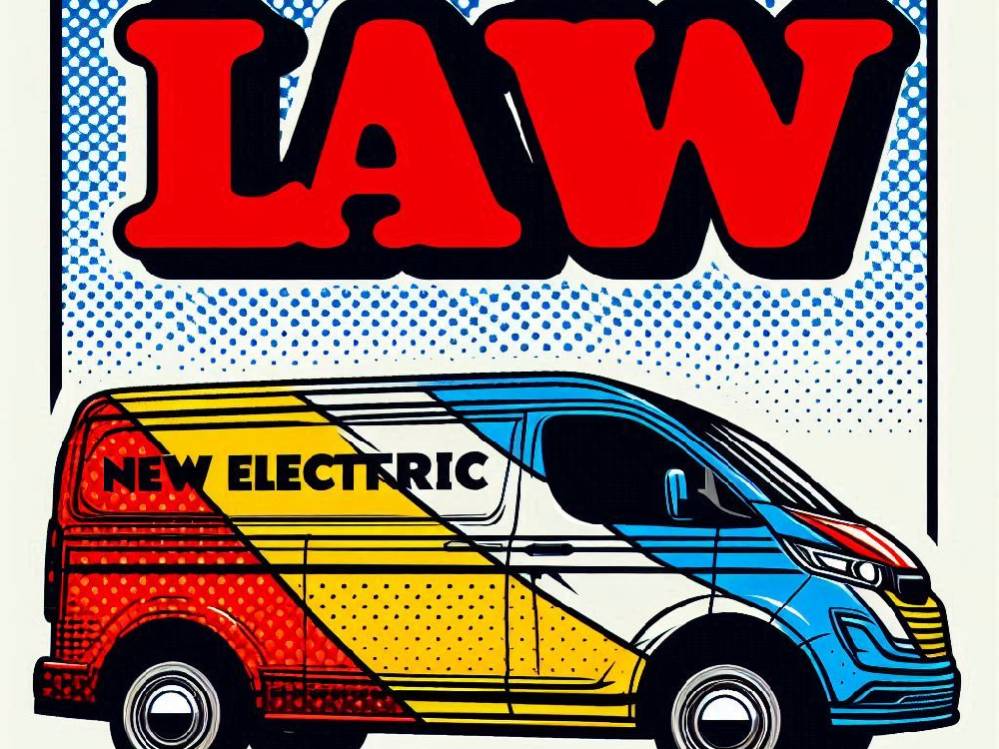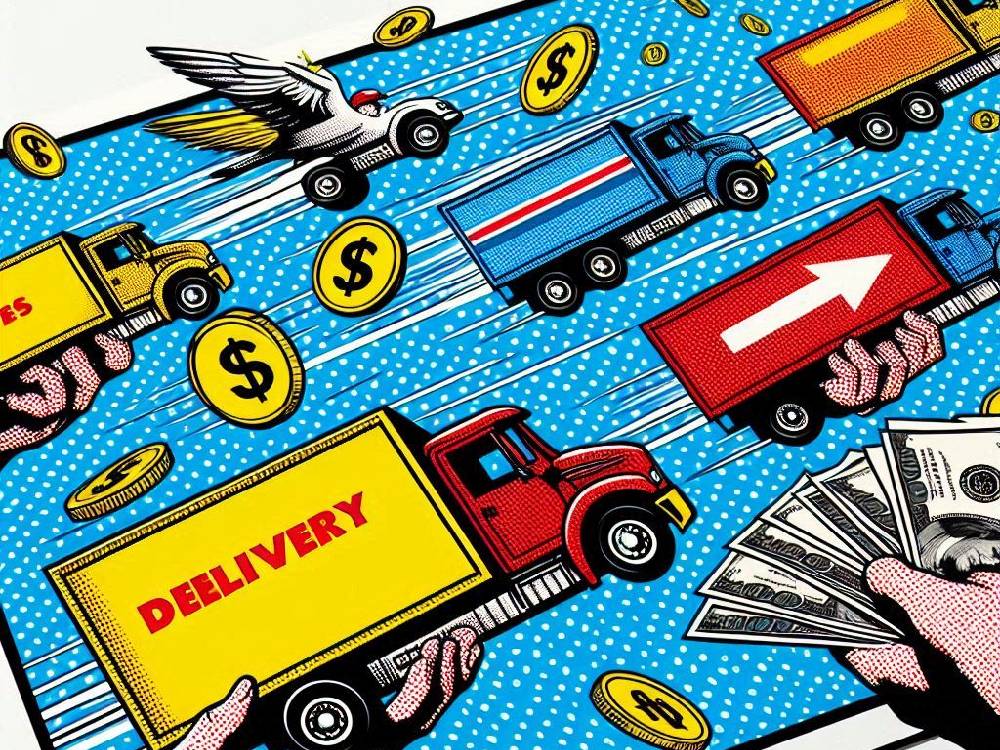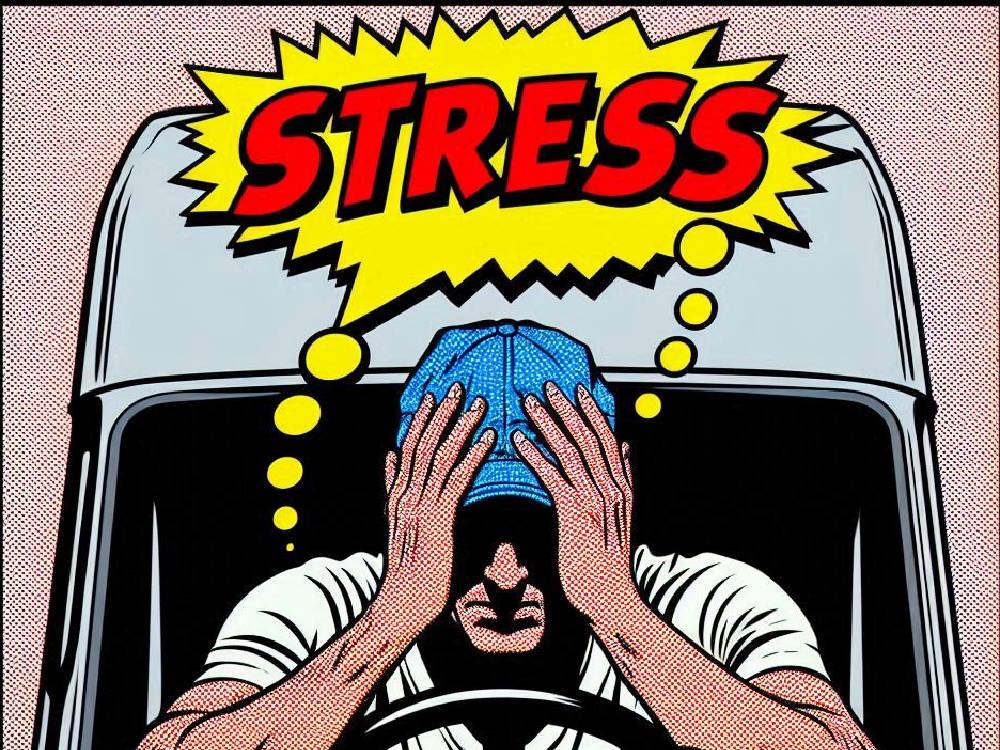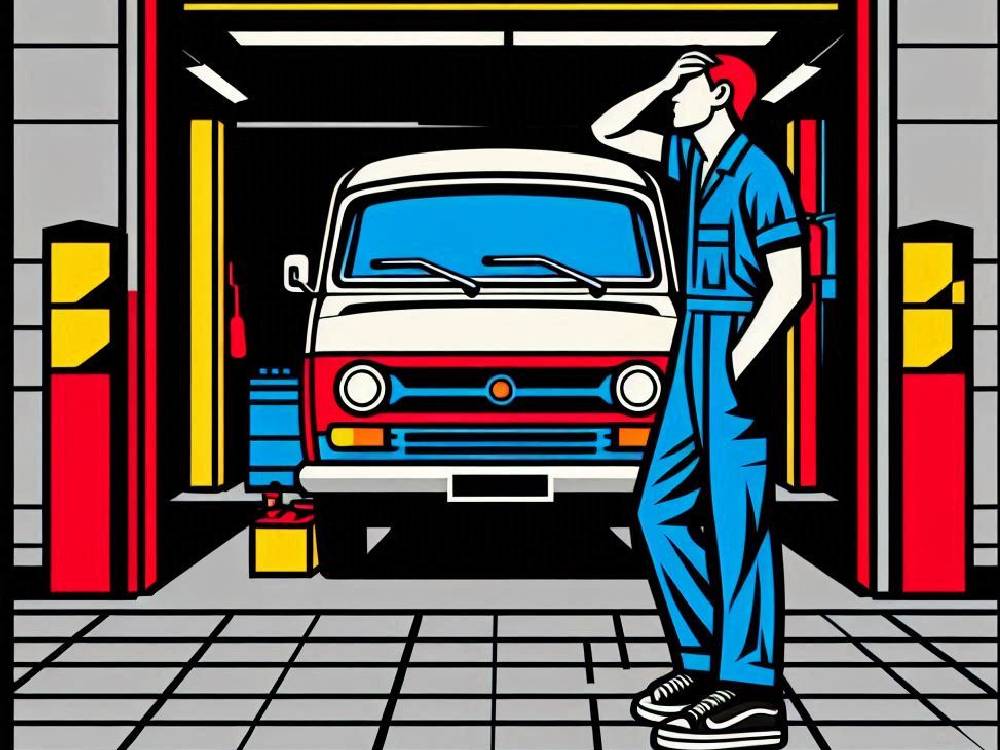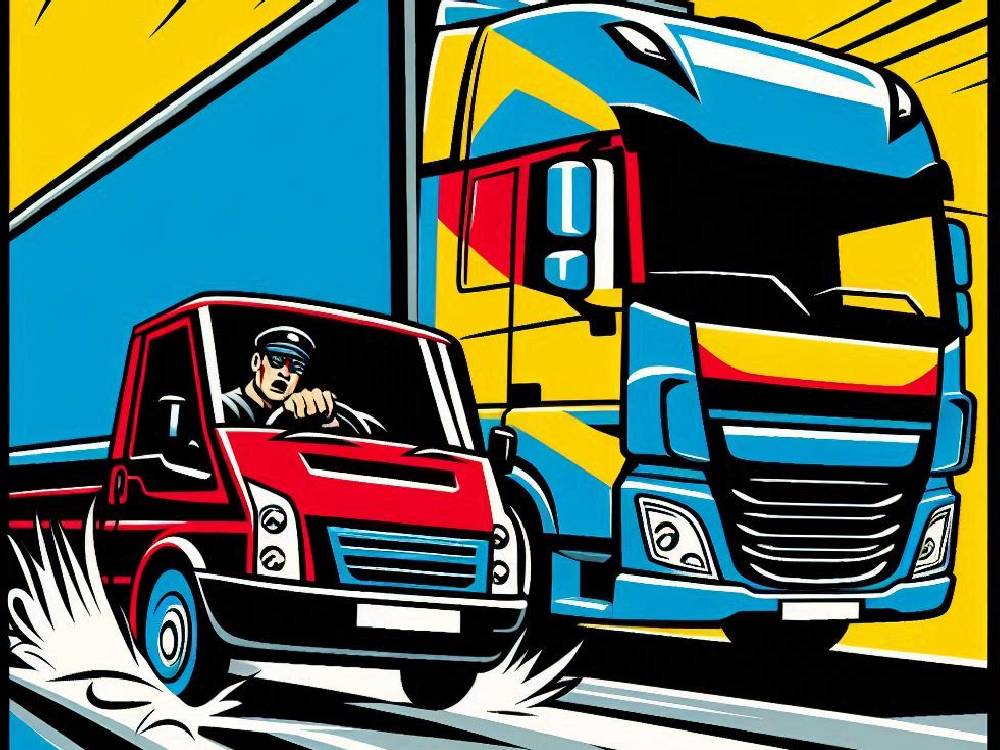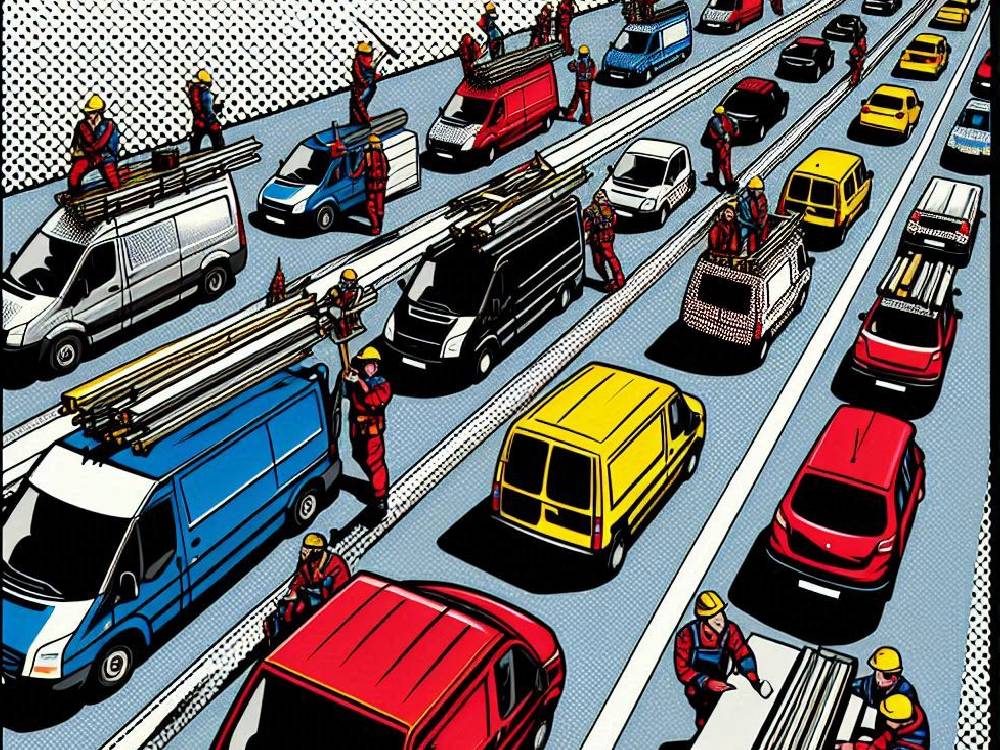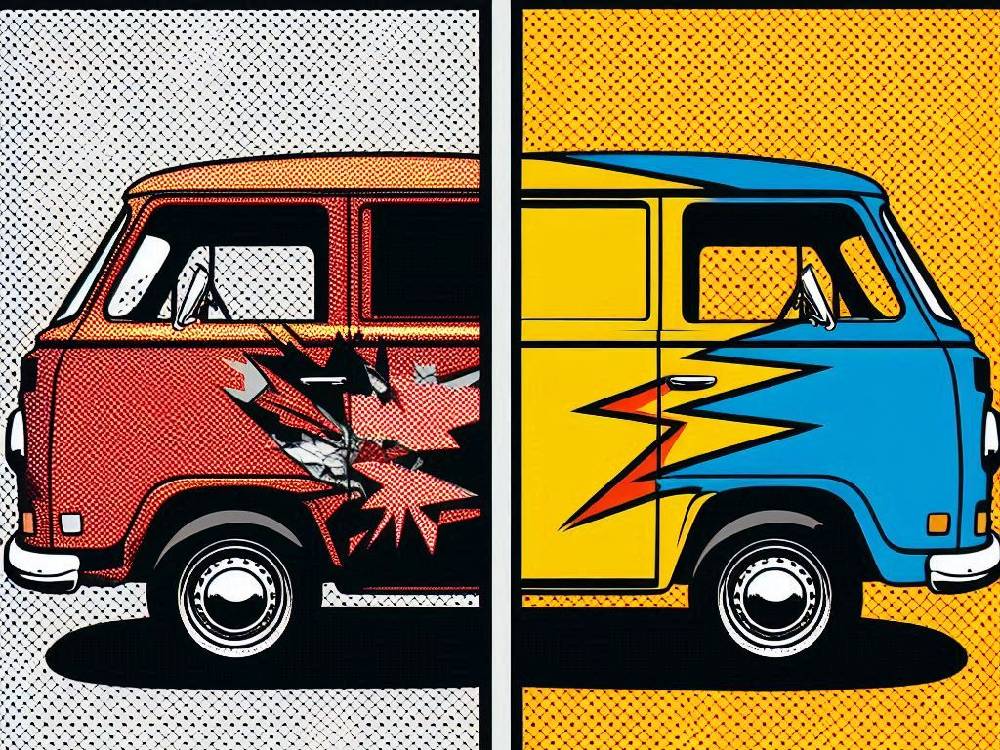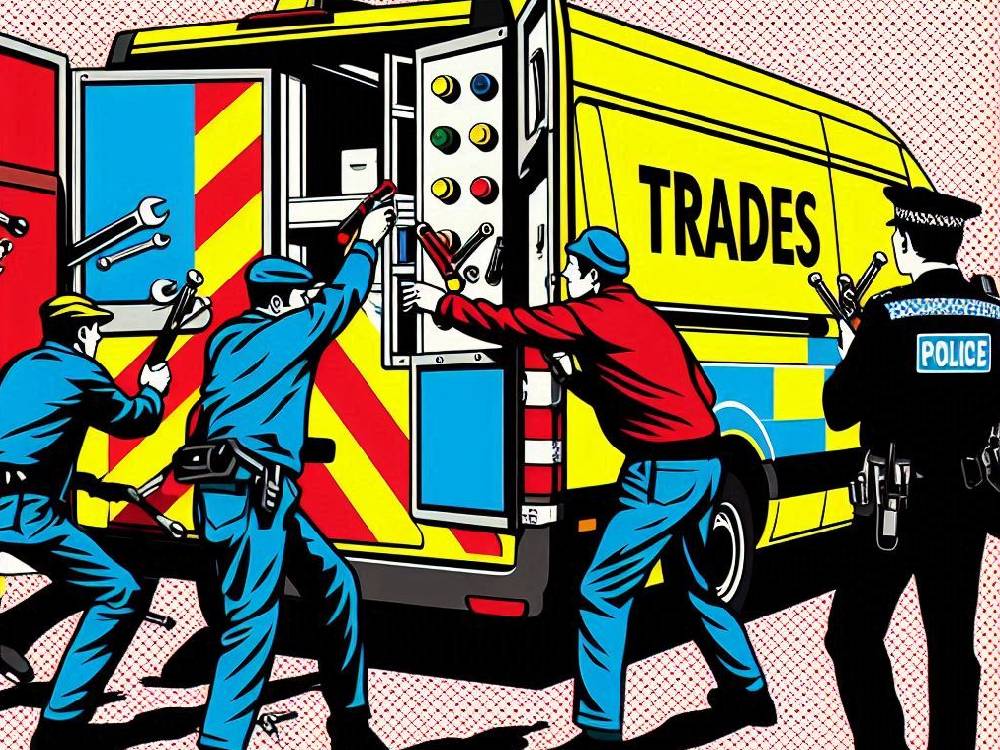Introduction
Van operators.
One breakdown.
One massive invoice.
That’s all it takes to derail your van business in 2025.
The cost of repairs is rising faster than most fleet operators can budget for.
And the most expensive faults?
They’re happening more often than you think.
In addition to showing which vans are failing, the latest warranty data reveals something even more serious.
The True Cost Of Van Ownership in 2025
Let’s get straight to the numbers.
Based on recent findings, the Warranty Solutions Group (WSG) reported a top claim value of more than £6,000.
That’s right.
A single engine-related repair on a Mercedes-Benz Sprinter 316 CDI wiped out nearly an entire year of profit for many sole traders.
Close behind?
The Citroen Berlingo, with claims totalling nearly £5,000, mostly tied to persistent engine issues.
That’s not a coincidence.
Engine failures are no longer rare — they’re routine.
And they’re crippling businesses.
“In today’s market, one breakdown can put an entire fleet out of action for weeks.”
— WSG spokesperson
What does this mean for van owners?
Simple.
Without proper planning — and without robust Cheap Van Insurance — the financial risk is no longer a maybe.
It’s a guarantee.
Van Engines, DPFs And Timing Belts – The Big Three
Three words van operators hate to hear:
Engine.
Timing belt.
DPF.
Unfortunately, these three components dominate the most common — and most expensive — claims of 2025.
Take the Ford Transit, for example.
It appears three times in the top claim list.
Why?
- Timing belt failures
- Turbocharger issues
- Full engine rebuilds
Any of those can push your warranty to its limit.
And without cover?
You’re looking at thousands out of pocket.
Want to make matters worse?
Modern LCVs are packed with complex tech designed to meet emissions standards — but that same tech is driving up failure rates.
One of the worst offenders?
Diesel particulate filters (DPFs).
They’re responsible for some of the highest-value claims, and replacements now cost over £1,300 on average.
If you’re still chasing the cheapest van insurance without considering the cost of mechanical failure…
You could be aiming too low.
Van Repeat Offenders Or Victims Of Complexity?
So which manufacturers show up again and again in the data?
You guessed it.
- Ford
- Volkswagen
- Vauxhall
The VW Transporter appears twice, flagged for DPF replacements and gearbox mechatronic failures.
The Vauxhall Vivaro also shows up twice, racking up claims for both engine issues and DPF malfunctions.
But here’s the kicker:
This isn’t about “bad vans.”
It’s about high-tech systems that are failing more often — and costing more to repair.
That means even the most reputable brands can hit you hardest when they go wrong.
Breakdowns are no longer the whole story.
Instead, it’s about what happens after the breakdown.
Insurance costs spiral.
Working hours vanish.
As a result, profits take a hit — fast.
To stay ahead, van owners need to adapt.
One way?
Start with a smart van insurance policy that gives you breathing room before things go sideways.
Timing Is Everything – And That Includes Your Van Cover
Let’s not forget:
Alternators and NOx sensors are rising fast in the claim charts.
Alternators alone account for 5.35% of all warranty claims.
That’s more than any other single part.
But NOx sensors aren’t far behind.
So what’s the connection?
Both are tied to electrical or emissions regulation systems — areas where modern vans are becoming increasingly sensitive (and expensive).
If your van is working harder than ever, but your cover isn’t keeping up?
You’re exposed.
And that exposure?
It could cost you your business.
Which brings us to this:
Have you checked whether your cover includes emissions-related faults?
You might be surprised.
Many cheap policies don’t.
This is exactly why you should read this guide on what counts as a modification — before a simple part replacement turns into a rejected claim.
The Top 10 Most Claimed Parts – Ranked By Cost And Frequency
Let’s break this down:
According to WSG’s latest figures, van owners are now facing an entirely different kind of threat.
Not theft.
Not weather damage.
But component failure.
And not just any components — the most complex and expensive ones under your bonnet.
Here’s what made the list:
- Alternator – 5.35% of all claims – £506.78 per repair
- NOx Sensor – 4.51% – vital to emissions control
- Diesel Injector – 3.67% – common in high-mileage vans
- DPF (Diesel Particulate Filter) – £1,303.75 on average
- Dual Mass Flywheel – £943.48 – increasingly common
- Turbocharger – £872.89 – a frequent failure in Ford Transits
- EGR Cooler – £850.98 – often overlooked in servicing
- Timing Belt – catastrophic when it goes
- Gearbox Mechatronics – especially prevalent in VW Transporters
- AdBlue Injectors – highly prone to malfunction
As a result of these recurring issues, many policies are now being pushed to their limit.
Furthermore, the parts themselves aren’t just failing — they’re failing more frequently.
This, in turn, creates a ripple effect across your insurance risk profile.
Additionally, these aren’t the kinds of repairs that can be deferred.
Once they go, your van stops.
And when your van stops?
So does your income.
That’s why a growing number of operators are moving away from bare-bones cover.
Instead, they’re choosing insurance that includes support for mechanical and emissions-related faults —
even if that means spending slightly more each month.
If you’re unsure whether your policy covers this?
It’s worth taking 30 seconds to review this guide on vehicle compliance.
It may save you thousands — or even your entire contract.
The Hidden Insurance Impact Of Mechanical Faults
So let’s consider what happens after a breakdown.
First, your van is off the road.
Then, you’re missing deliveries or cancelling appointments.
Soon enough, clients begin to look elsewhere.
But that’s just the beginning.
When it’s time to renew your policy, your insurer sees a high-cost claim on your record.
Consequently, your premiums rise.
In some cases, you may be disqualified from the cheapest van insurance UK policies altogether.
And that’s not all.
If multiple mechanical failures have been logged within a short window?
Some insurers might treat you as too high-risk to cover at all.
To put it another way:
Mechanical failure today could mean higher premiums tomorrow.
Therefore, understanding which parts fail most often isn’t just helpful — it’s strategic.
Moreover, preventative action today could reduce claim frequency tomorrow.
That’s why many experienced operators are now choosing warranties and cover policies that go beyond the basics.
Still not convinced?
Take a moment to check out this analysis of why premiums are soaring.
You’ll learn how a single oversight could turn into an annual cost increase of over 30%.
Conclusion
By now, one thing should be clear.
Modern van ownership goes far beyond picking the right make or model.
In fact, that’s just the beginning.
Instead, it’s about anticipating the risks.
And in 2025, those risks are growing — rapidly.
From engine rebuilds to emission control failures, the cost of unexpected faults is skyrocketing.
However, that doesn’t mean you’re powerless.
On the contrary, you have more control than ever — if you know where to look.
Start by investing in cheap van insurance that actually covers what breaks most often.
Then, take it a step further.
Schedule more frequent servicing.
Choose parts with proven reliability data.
And most importantly, stay informed.
For example, this breakdown on van theft trends shows just how quickly the game changes.
In the end, your profits depend on one thing:
Keeping your van — and your cover — running smoothly.
Need more insight?
Here are reads that could save you time, stress, and serious money:

